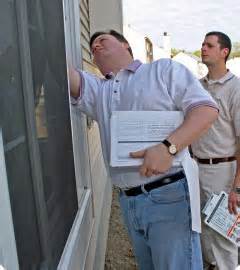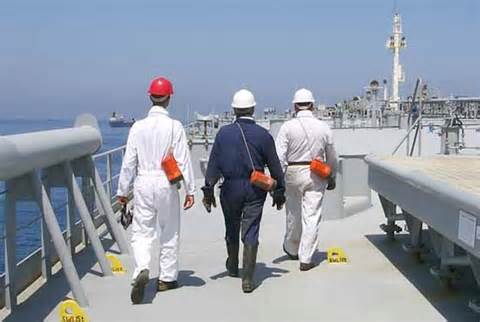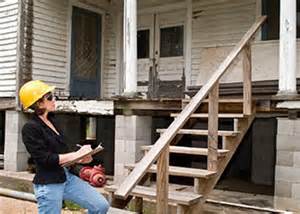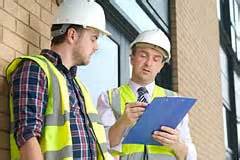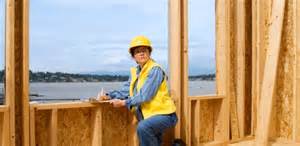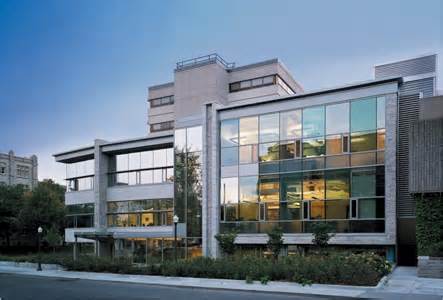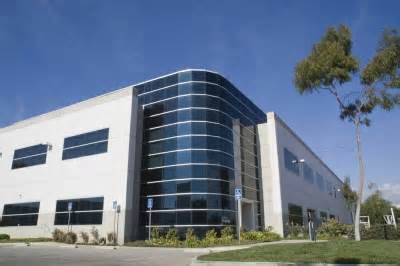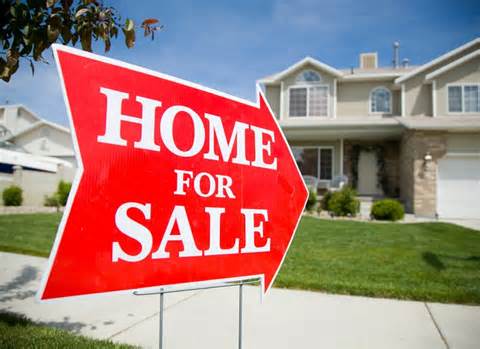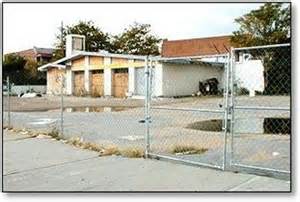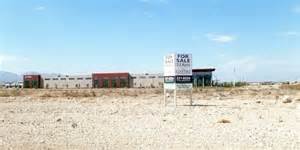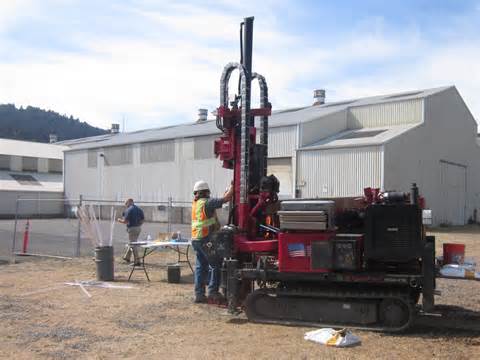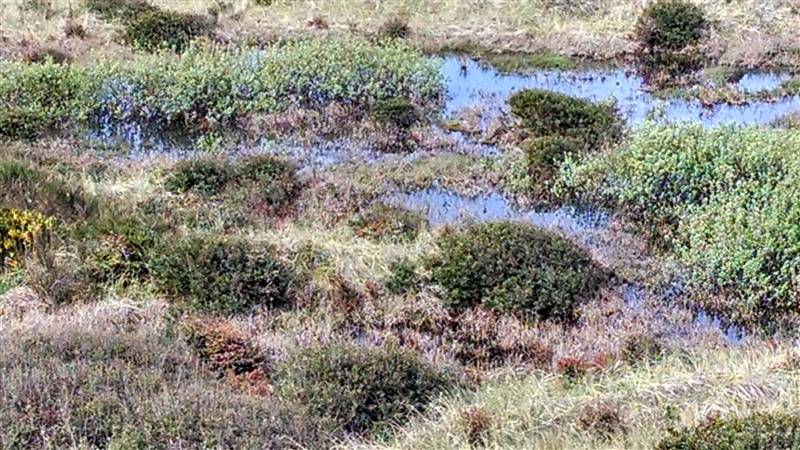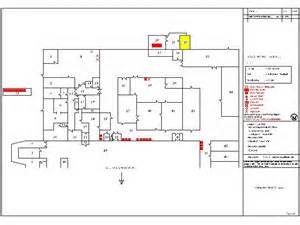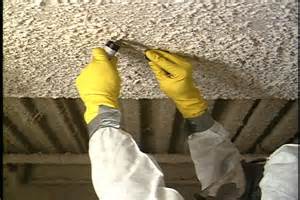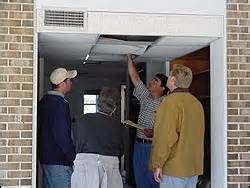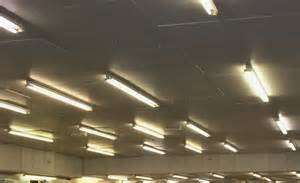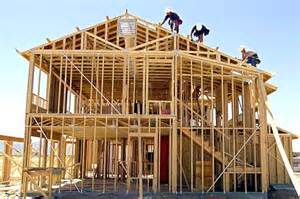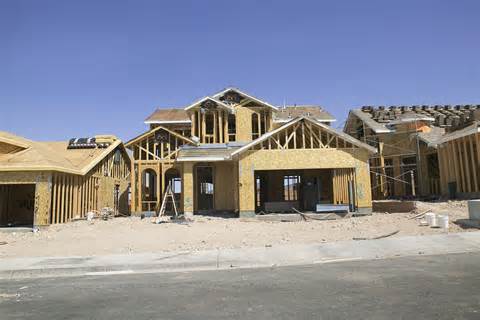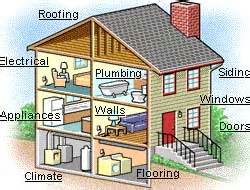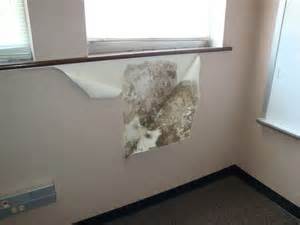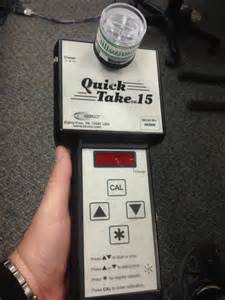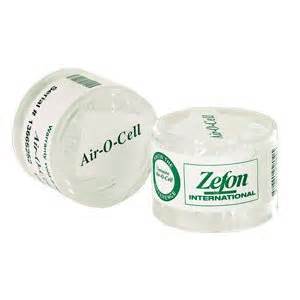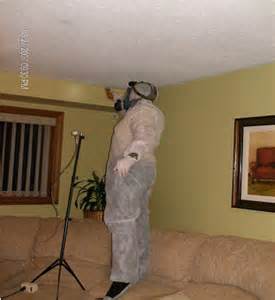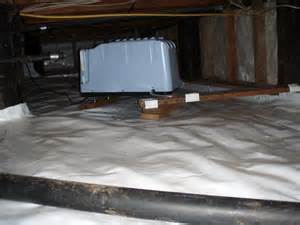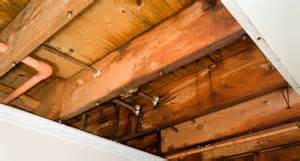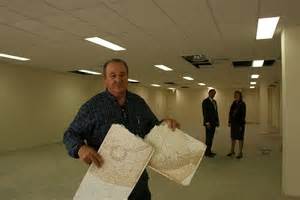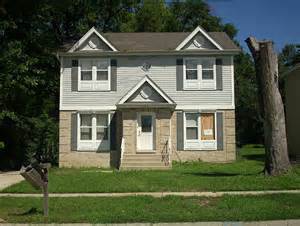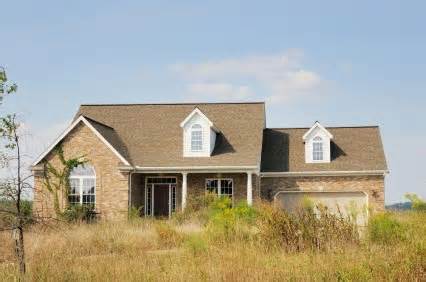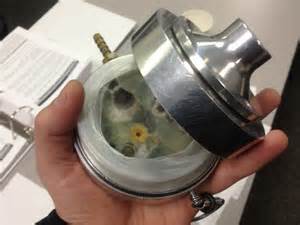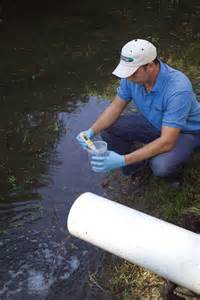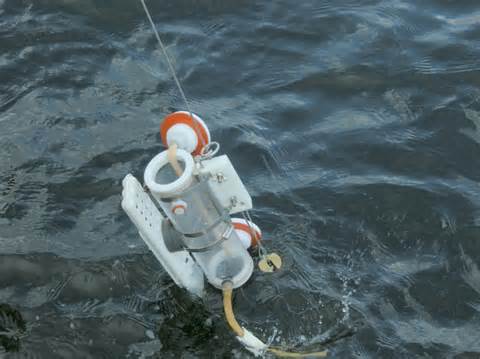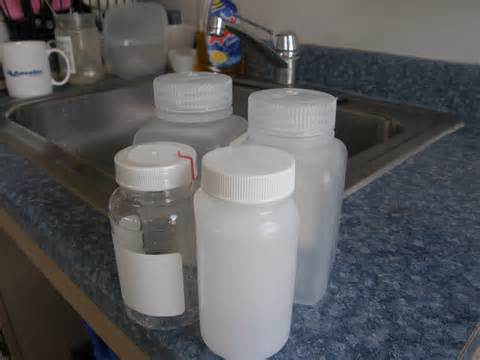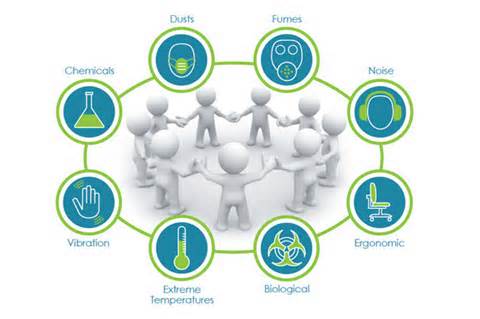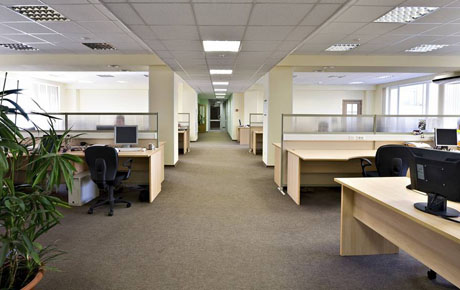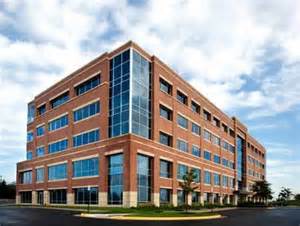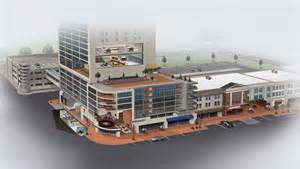|
Pricing & Inspection Services: Effective January 1 / 2023 Service Description. Watch 30 Second Television Commercial You need a professional inspector and environmental consultant. When you hire a BAI Inspection Services LLC. Inspector, you are hiring an experienced professional who has training and experience in the building industry. It is the job of the inspector to not only evaluate the condition of the facilities major systems and structural integrity, but also to evaluate how these systems are working together and identify areas that need to be watched, repaired or replaced. Your inspector gives you the Big Picture analysis of the building and grounds you are purchasing. If the inspector identifies the need for a costly, detailed analysis of any of the buildings' systems or structures, the inspector will recommend the appropriate professional, which may be an experienced engineer with expertise analyzing that particular system or structure. The need for this kind of expensive, detailed analysis is rare. Hiring a Professional Engineer on your own can be a disappointing experience. The term Professional Engineer does not mean that the individual has training or experience conducting inspections. Additionally, a building's inspection does not involve engineering analysis. Therefore, hiring a Professional Engineer to complete a building inspection undoubtedly costs more, but it may not give you the results you desire and deserve. For detailed information on specific sample testing and analytical service fees, please contact our office as custom value packages are available.
Inspection costs may vary upon specific testing requirements or type of inspection needed. Please give us a call and let's talk about your unique project. Basic service packages are shown below but you can custom order.
Our Guarantee is that the value we bring to our clients will always exceed our fees! This is not a complete list of the services we can provide. Please contact us if the service you need is not listed. COMMERCIAL (PCA) PROPERTY CONDITION ASSESSMENT:
This inspection is for apartments, condominiums, office buildings, hotels, medical buildings, strip malls, warehouses and industrial facilities. These inspections will vary in scope and reporting requirements. Price is determined at the time of ordering, after interviewing the client for the building size and type, number of units, square footage and the specific use or purpose of inspection requested. Our commercial building inspection service is a visual inspection of the structural elements and systems which are accessible. This typically includes:
Digital photographic color coded narrative style reports are delivered electronically within three business days. We strongly encourage you to accompany the inspector so that you may ask questions and gain a better understanding of the systems in the home. If you have any questions, or are interested in any other services, please contact us so we may discuss your needs. $2000 RESIDENTIAL PROPERTY CONDITION :
This inspection is a complete evaluation of residential properties and structures like its commercial big brother listed above and is conducted using NACHI standards and practice and our trade marked digital photographic color coded narrative style reporting format. The inspection takes two to three hours to perform. $575 PROPERTY CONDITION WITH AIR QUALITY TEST: This inspection covers all the same details of a general pre-purchase inspection, however also includes a certified indoor air quality analysis and environmental report for bioaerosolized mold spores. A quantity of three (3) Air-O-Cell cassettes will be exposed, one outdoors for control, and two indoors to identify any mold spores that may be inside the dwelling. This is very important for individuals concerned about allergens or reactions to mold. This inspection takes approximately 3 to 4 hours to perform. $750 PHASE I ENVIRONMENTAL SITE ASSESSMENT:
Environmental concerns are an important factor in the acquisition of property. Phase I Environmental Site Assessments (ESA), also described as "All Appropriate Inquiry" or AAI, provide a purchaser valuable information. A Phase I investigation will help the prospective client learn about the property's past, how it was used, current and previous environmental conditions at the site and surrounding sites, and if any hazardous substances may exist. With this information buyer's can determine if financial risks are involved due to environmental contamination, limit or avoid altogether the liability for hazardous cleanups, request the current owner clean it up prior to the close of escrow or adjust the offering price to reflect the findings reported on. During a Phase I investigation BAI Services performs some or all of the following activities:
Once the information is gathered for the Phase I assessment, BAI will prepare a report with our findings. Professional, experienced opinions about potential environmental problems are expressed in regards to the site in a written electronically transmitted report and summary. BAI Services' reports have been developed over 14 years of experience, creating a format that is organized and easy to read and understand. BAI Services' Phase I Environmental Site Assessments (ESA) are performed per ASTM Standards. Fee starts at $2000 and varies on complexity and size. WETLAND INSPECTIONS:
Pre walks reconnaissance is a site visit visual assessment to determine if properties have conditions conducive to wetlands used to determine if a wetland delineation is necessary or required for development or pre purchase activity. Flat rate fee of $700.00. Costs can be credited towards delineations if a wetland study is required. Delineation: Wet Lands Identification / Delineation Inspection in accordance with The Washington State Wetlands Identification and delineation Manual and Ecology Publication #96-94 and wetland rating system for Western Washington Revised Version August 2008: Ecology Publication# 04-06-025 The purpose for this inspection is to identify any and all wetland type and category, areas, locations, size and activity. This includes but is not limited to a visual examination site walk, photographic documentation and the collection of various plants, soils samples and / or water for the scientific support of the investigation. Provide written photographic narrative delineation report. Fees start at $1000 per acre with a cap at five acres. Based on size and complexity. AHARA/ASHARA BUILDING SURVEY:
The intent of the Asbestos Survey is to comply with governing regulations required by the State of Washington (OSHA), Labor and Industries (L&I), and Puget Sound Clean Air Agency (PSCAA) and any other regulatory agencies. Currently, the State of Washington requires a written "good faith inspection" for identification of asbestos-containing materials prior to renovation and/or demolition work. PSCAA requires that a copy of the written asbestos survey available on site for inspection during renovation, construction, and/or demolition work. It is the responsibility of the owner and/or contractor to make this survey document available to all concerned parties who may be handling the building materials. Fee$575 Plus samples HAZARDOUS MATERIALS SURVEYS:
This inspection is a complete survey of all hazardous materials including but not limited to Asbestos, Lead Paint, Florescent & High Intensity Discharge lights and ballast, PCB, Mercury. Typically used for building demolitions and or renovations required by law before work can begin. Prices based on complexity building type and total square feet. Fees are based on a case by case basis size and complexity. Contact us direct for quote. 11 MONTH NEW CONSTRUCTION:
There are good reasons to have a professional inspection performed on the brand new home you are buying. Buying a new house is likely one of, if not the largest purchase decision you'll ever make. The whole process is fraught with emotion and stress. A professional home inspection will substantially reduce the risk for your large investment in a new home. It just makes sense to learn as much as you can about the quality of your new home, before signing off on everything. Building a new home is a tremendously complex endeavor. It involves many people, usually split up into sub-contractor groups, each working on different parts and systems of the house. Even for the best builders, its nearly impossible to complete this process without missing something. Maybe its a plumbing fixture that didn't get tested for leaks, maybe its an electrical box that isn't working, or any one of dozens of minor problems that can easily be overlooked in such a major undertaking. We will find such problems while it is still early enough for you to bring them up with the builder and have them corrected before you sign-off and start moving in. For the relatively small cost, a professional inspection of your new dream home can pay big dividends in peace of mind and getting any problems identified and corrected before they can become an unpleasant surprise. This inspection is for home buyers that have purchased a newly constructed home within the recent year, looking to identify any workmanship defects prior to the end of a one year warranted. This is basically the same as a general pre-purchase that is less demanding, as there are usually less finding to report on new construction, hence, the reduced price. This inspection takes approximately 3 to 4 hours to perform and includes landscaping and grounds. Base fee $350.00 TACOMA CODE & COMPLIANCE:
The purpose of this inspection is to assure that rental housing within the City is actively operated and maintained in compliance with RCW 59.18.060. Providing for a provisional rental property license is intended to address that small percentage of housing that endangers renters and bring that housing into compliance with state law. BAI Services is offering inspection services for these inspections (the City of Tacoma charges $450). For follow-up verifications of required repairs our services fees start at $350. We also have special reduced pricing for multi rental unit inspection orders. When you are choosing and inspector please keep in mind that an inexperienced or overzealous inspector can result in un-necessary, expensive repairs and restoration costs and possible loss of your rental licensing. BAI Services takes a fair balanced approach to these types of inspections. Additionally, when you choose BAI Services you have the opportunity to get all of your property issues resolved at once. Not only certified in hazardous material inspections, pest inspections and property condition assessments, BAI Services is also a General and Abatement Contractor. This enables us to offer one-stop-shopping to our clients when repairs are needed providing you with convenient continuity via a single source of service.
BIO-GROWTH REVIEW:
This inspection is a complete property evaluation by a certified technician, screening for moisture intrusion and mold or fungus related conditions. The inspector will provide documentation of a building's or home's condition. This inspection includes three (4) Air-O-Cell cassettes, used to collect and identify airborne particles & spores, a surface swab test of visible mold, or a cultureable sample may be required. These samples are sent to a certified laboratory for analysis that generates a written report of the results, forwarded to you electronically. Where possible, digital photographs are taken of the mold conditions, including the general condition of the home or building and it's grounds at the time of inspection. This inspection takes approximately 3 to 4 hours to perform. Fee of $600
This inspection is a surface-by-surface investigation to determine if the presence of mold biohazard exists. To determine levels of contamination, this would include sample testing of all surfaces using tape lifts, Air-O-Cell cassettes, swab sample and/or wall checks. This inspection would include the laboratory report and not a bio-growth review assessment, as this is usually requested after a full bio-growth review. This type of testing is applicable when an area by area analysis is required. Prices are based on size and complexity. Contact us direct for quote.
This inspection is for an isolated area of a private dwelling, facility or public/private site. Specific areas and/or components are inspected or tested checking the condition and proper functionality. This type of inspection can also be a site evaluation inspecting for specific contamination. These inspection can vary in time and includes written reports and digital photographs of the findings. Base fee $500.00
This inspection is a periodic (determined by the client at the time of ordering) visual examination of vacant residential or commercial properties. We inspect for and report on damages or changes in the condition that may have resulted in one or more of the following: weather, water intrusion, vandalism, illegal dumping, squatter or unauthorized occupants, pest infestation, overgrown vegetation, or any other factor that could impact the property value. These inspections include all of the findings on digital photos with color coded reports and summary sheet that are delivered to you electronically, providing real time information. These inspection fees can be reduced by ordering these inspections in groups or multiple units. Base Fee $550 POST ABATEMENT AIR QUALITY TESTING:
This service is an indoor air quality sampling and laboratory analysis of a facility or dwelling after a mold remediation has been performed. This inspection includes three (3) Air-O-Cell cassettes to be exposed, to determine if any level of microbial contamination still exists in your indoor air. The determining factor is a comparison of indoor air vs....... outdoor air. The inspection / sample collection takes approximately 1 hour. Base Fee $575 WATER SAMPLING:
This test is for parties interested in knowing if there are contaminants in their private well systems or city/county water systems. Samples taken are tested by a certified microbiologist. Written reports are then furnished to the client and parties of interest. Fees are based on specific need. Fees are based on size and complexity. Contact us direct for quote. INDUSTRIAL HYGENE TESTING:
This inspection can be set up and priced based on square feet and the number of test required. Fees are based on size and complexity. Contact us direct for quote.
FACILITY MAINTENANCE INSPECTION:
A well maintained building is more efficient and less expensive to operate. More importantly, preventative maintenance can save building owners from the exorbitant cost and inconvenience associated with unanticipated failures in systems and components. An ounce of prevention is worth a pound of cure. This adage undoubtedly applies to building maintenance. There are many disadvantages to repairing items only after breakdown has occurred, as opposed to heading off issues in advance with preventative maintenance. Some of the unintended consequences are:
Buildings rarely remain in the condition they were in when first built or purchased as time, weather, and use all take their toll. A proactive approach to maintenance makes good financial sense. Our maintenance inspections can help by providing decision makers the information necessary to plan and budget, including:
In addition to addressing specific concerns about the building, our facility maintenance inspections include the evaluation of the following components:
The benefits of hiring an independent third-party inspection company are many, including:
If you are an owner or property manager, you may also be interested in learning about our building facility Lessor and ADA compliance surveys. Fees are based on size and complexity. Contact us direct for quote. In a triple net lease, or NNN lease, the Lessee (tenant) pays the Lessor (landlord) rent, taxes, insurance, and the Lessee’s share of maintenance expenses for the property. While the rent is mutually established upfront and the projected cost for taxes and insurance can be reasonably estimated based on current costs, estimating and budgeting for future maintenance costs can be difficult without knowing the condition of the building and its components. LEASE INSPECTIONS:
Include the evaluation of all major components in a building, which establishes the components’ current condition, remaining design life, and any immediate and future repairs that are necessary. This type of inspection includes the evaluation of the following components:
A lease inspection can have many advantages for the Lessee and/or the Lessor. Some advantages of a third-party pre-lease inspection for the Lessee:
Some advantages of a third-party pre-lease Inspection for the Lessor:
Let us help you avoid the cost and headaches of potential disputes and litigation by objectively documenting the property's condition prior to occupancy. Fees are based on size and complexity. Contact us direct for quote.Commercial Building Energy Performance Audits: 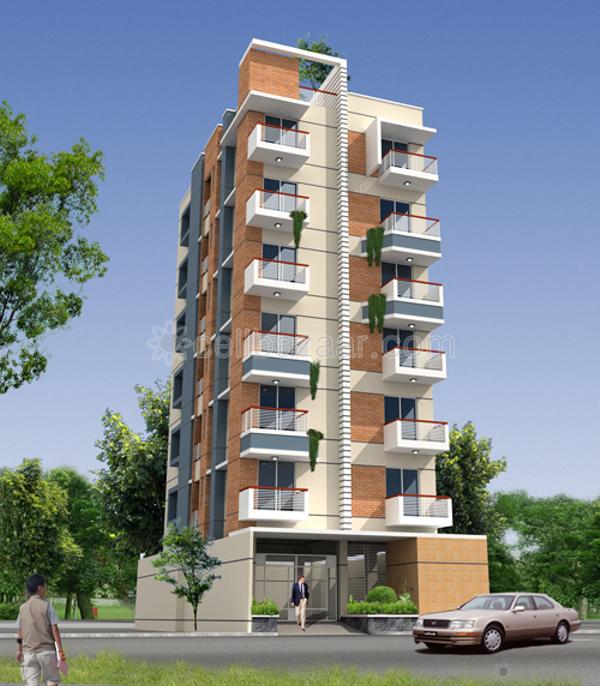 Introduction: Commercial buildings in the U.S. spend more than $100 billion per year on energy, according to EPA, or approximately $2-3 per square foot, representing approximately one-third of a building’s controllable operating expenses. There are approximately 4.8 million commercial buildings in the U.S.(1), and more than 40% are greater than 30 years old.(2) These buildings represent a significant opportunity for energy efficiency upgrades, with the potential for individual buildings to achieve substantial savings. Increasing building energy efficiency represents a rare everyone wins opportunity. Government wins because it reduces the country’s dependency on foreign oil and helps the country meet carbon emission reduction goals without the need for a carbon tax or cap and trade regulation. The environment wins because greenhouse gas emissions are reduced. The economy wins because jobs are created to support this emerging industry. The commercial real estate industry wins because building operating costs are reduced, and valuations increased. Service providers to the commercial real estate industry, including consultants, engineers, lawyers, bankers and insurers, win because this represents an exciting new opportunity to grow their business. At the heart of virtually every program to improve a building’s energy efficiency is the energy audit. The building energy efficiency industry, through the American Society of Heating, Refrigerating and Air Conditioning Engineers (ASHRAE) energy audit guidelines, has defined multiple levels and components of energy audits. Fundamental to an energy audit is the collection of a building’s energy use and cost data. The industry, through ASTM’s Building Energy Performance Assessment (BEPA) standard E2797-11, has standardized a methodology for the collection and analysis of such data. This paper is directed at the emerging industry best practice integrating the ASTM BEPA standard methodology with the ASHRAE Level I and II energy audit guidelines as applied to commercial and public buildings The ASTM BEPA methodology includes five components: (1) Site visit – to observe the building during the walk-through, conduct interviews and collect any records (utility data, etc.) not previously provided; (2) Interviews – with the present owner, operator, and/or key site manager; (3) Records collection – collect and compile the necessary records related to building energy use and cost; (4) Records review and analysis – to determine pro forma building energy use and pro forma building energy cost, and the range of building energy use and cost; (5) Report – on the findings. An ASTM BEPA “Plus” combines an energy audit with the ASTM BEPA methodology. A cost comparison based upon combining the ASTM BEPA with a Level I or a Level II energy audit is presented in Table 3. These data are for typical commercial or public buildings and do not apply to industrial property given the significant variability associated with industrial/manufacturing facilities. An ASHRAE Level I energy audit consists of a walk-through analysis to assess a building’s energy cost and efficiency by analyzing energy bills and conducting a brief on-site survey of the building. Operational metrics of building equipment is typically limited to data collection of nameplates but can be more detailed if that data is readily available. Level I energy analysis will typically identify and provide a savings and cost analysis of low-cost/no-cost measures. It will also provide a listing of potential capital improvements that merit further consideration, with an initial estimate of investment and potential cost savings. Level I audits are particularly useful to prioritize energy savings projects. A Level I audit for a commercial building typically costs between $2,000 - $5,000, depending on specific property type and size. Energy conservation measures (ECMs) typically can be implemented within the building’s operating budget. For commercial buildings, the audit often involves a one-day visit to the site for the walk-through and is usually submitted to a client within 1-2 weeks. Recommended ECMs typically cause little to no disruption to building operations. Order Yours Today! This is not a complete list of the services we can provide. Please contact us if the service you need is not listed. |
Free Estimate Request
To request a FREE Estimate from us, please take a moment to complete the following brief questionnaire:
